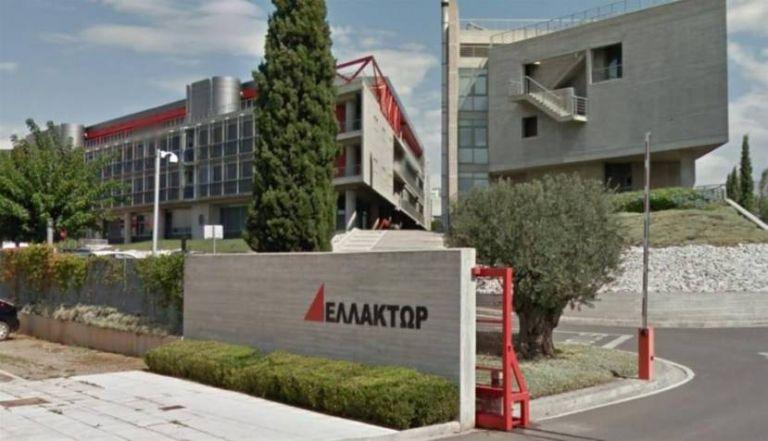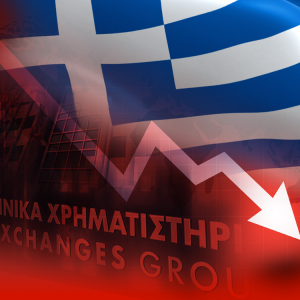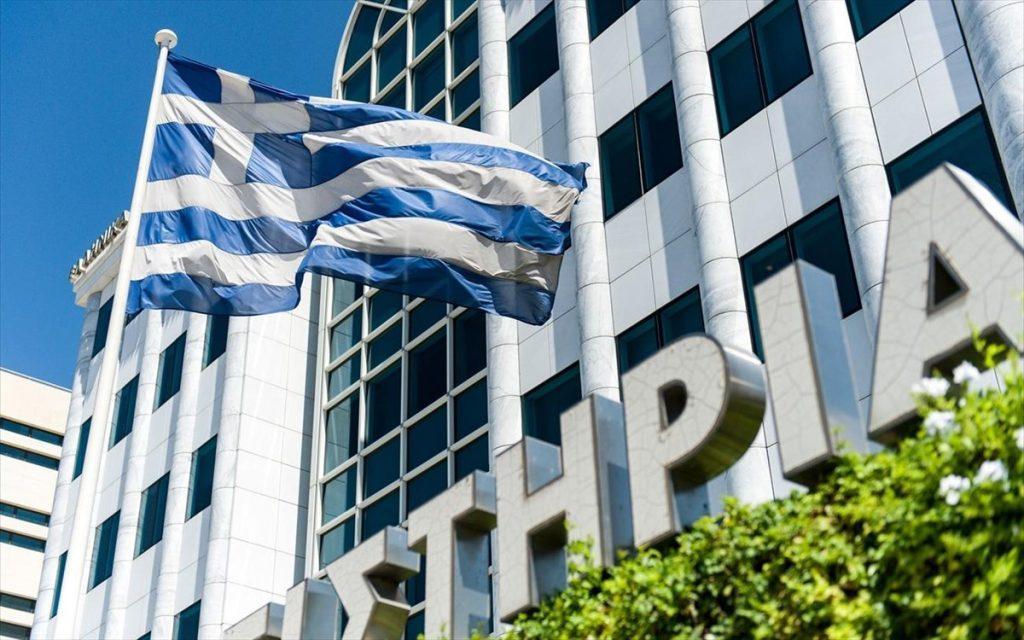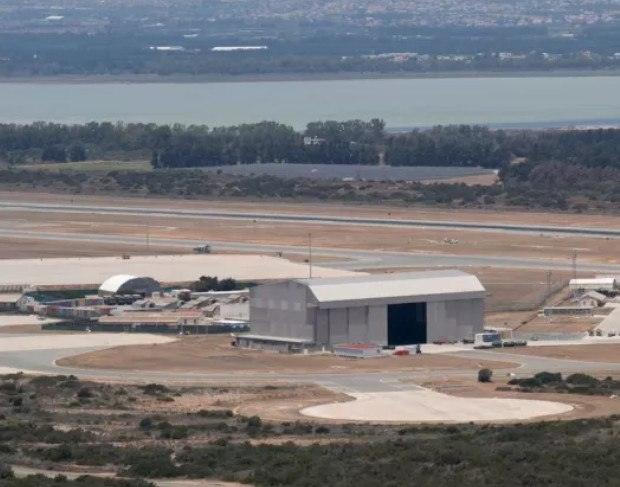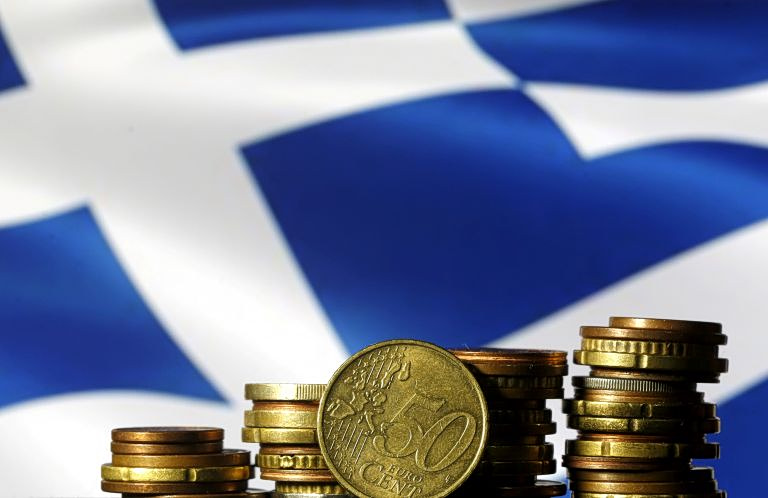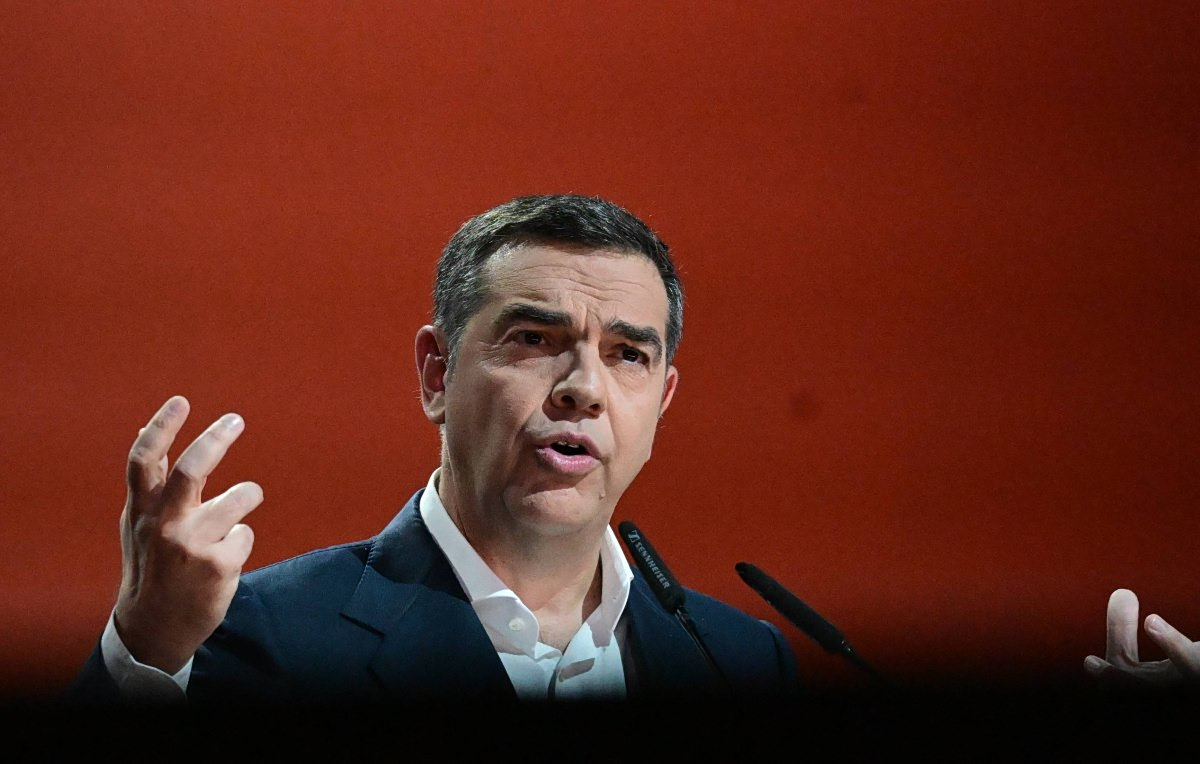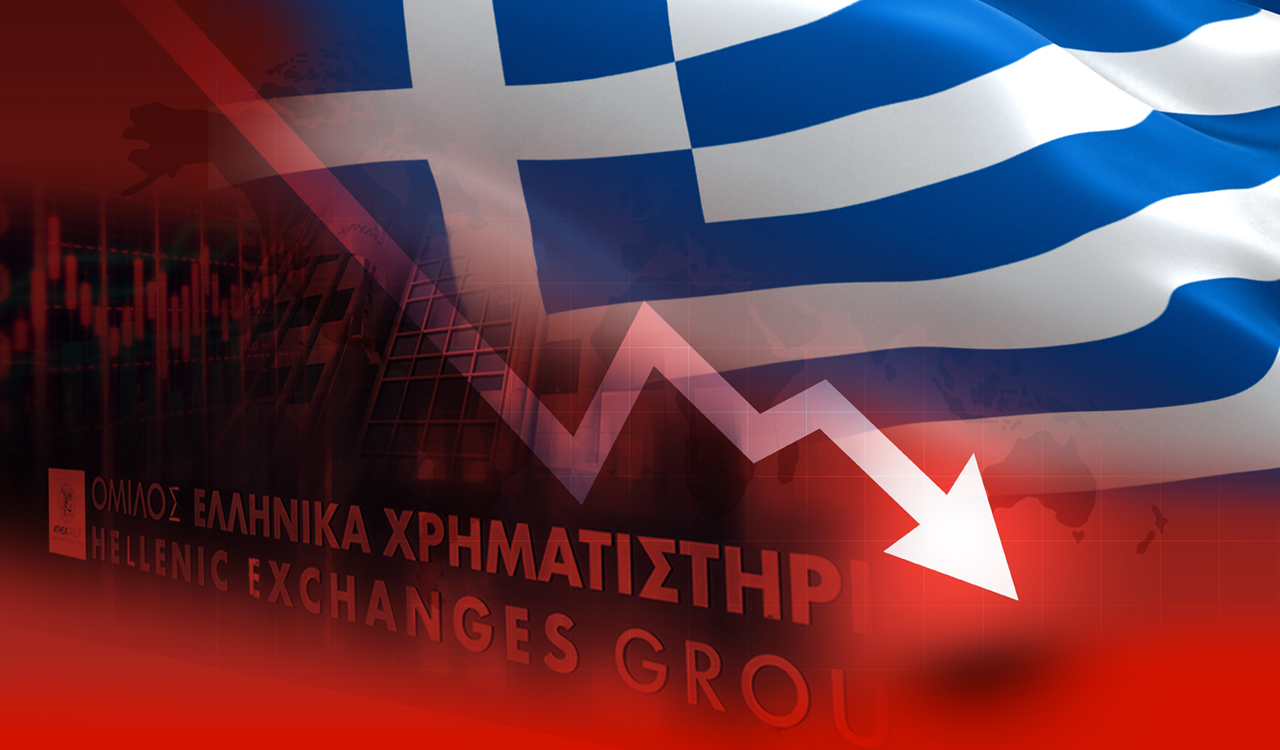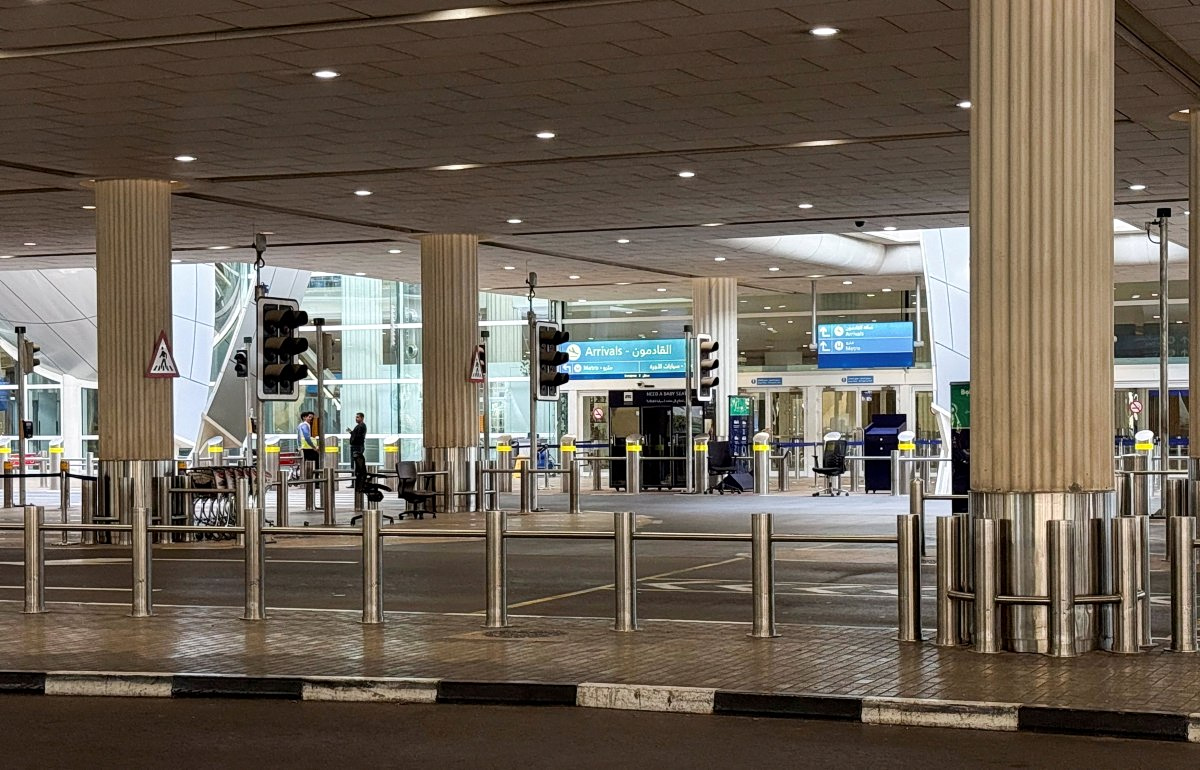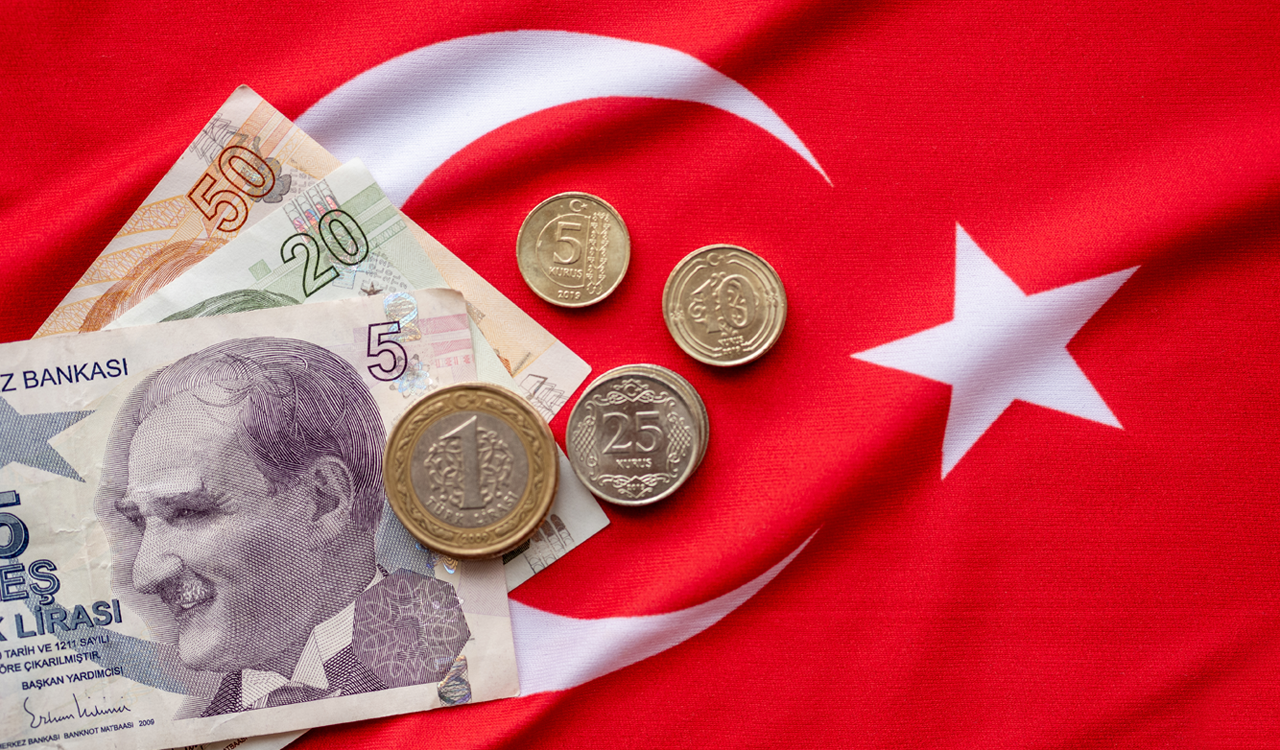In order to eliminate the environmental footprint of its routes in Greek cities, by 2025, and to improve customer service, BEAT is giving priority to zero-emission taxis, as well as to drivers who choose the application at peak hours. Through an innovative “smart assignment” system, developed by BEAT in Greece, zero-emission vehicles will take priority over internal combustion vehicles, thus giving an incentive to its more than 8,000 drivers in Greece to replace their taxis with electric vehicles.
It is characteristic that Athens is the busiest capital of the EU, in terms of transport, with more than 70% of harmful nitrous oxide pollutants coming from vehicles. Also, according to official data, 3,788 deaths in Athens are attributed to particulate matter for the years 2014-2016 due to outdated anti-pollution technologies, while our country was referred in 2021 to the European Court for exceeding the annual and daily limit values of particulate matter in Thessaloniki.
Today, the taxi fleet in our country has an average age of 13 years, which means a significant burden on the environment. Indicatively, if from tomorrow every new taxi in Attica was electric, it would reduce annual CO2 gas emissions by 226,000 tons. This means that in order to compensate for the annual pollution from the 13,500 taxis of Attica, it is necessary to plant an area as big as 1.5 times the Parnitha National Park.
The above data were presented yesterday at an event for the 10 years of BEAT. As announced yesterday, the General Manager of BEAT Greece, Mr. Vassilis Danias, if the legal framework allows it, BEAT aims from 2025 onwards to register on its platform only zero-emission vehicles.

Rush hours on the streets of Athens and Thessaloniki are on the radar
With the traffic on the streets of Athens and Thessaloniki having returned to pre-pandemic levels, as Mr. Danias noted, many taxi drivers do not receive calls from the application during peak hours as they easily find a customer on the road. This of course results in BEAT users finding it difficult to find taxis at certain times of the day, due to the limited supply.
“Abroad, the problem has been solved by upping the tariff during peak hours. When there is a high demand the price increases and this acts as an incentive for drivers. In Greece, the institutional framework does not allow such a thing and we would not want to burden the customer “, noted Mr. Danias.
To solve this problem, the application will “reward” those drivers who prefer it during peak hours, giving them priority at other times of the day when calls are few and the available vehicles are in great demand. For example, a driver who uses BEAT from 7pm to 9pm daily who can easily find a customer on the road, will be given priority for calls he claims at night after 10pm, at which point the demand for fares is significantly reduced.
The new Smart Route Assignment system restores one of the features of the application, which made it dear to Greek passengers from the beginning, as it allowed them to choose the “best” driver based on evaluation. When this feature changed, emphasizing the “nearest” driver for faster service, many users were unhappy. Now the application will give the fare to the available driver with the best score located nearby. If, for example, there are two drivers, one with a score of 5 and the other with a score of 4.5, at a distance of 5 km from the pick-up point, the fare will be given to the first.
It is being tested for the first time in Greece
The innovative Smart Routing System was created in Greece and will be tested for the first time in our country by the FREE NOW group, to which BEAT belongs since 2019. The system, through its algorithm, will select the vehicle that it will send to each route by taking into account parameters such as the age and the pollutants of the vehicle, the waiting time of the passenger, but also the score that the drivers have collected from the BEAT passengers.
The FREE NOW group looks forward to compensating for the current emissions, by gradually reducing them until the zero emissions target is reached. In total, it will invest € 100 million in Europe, in the form of incentives for drivers to make the switch to electric vehicles.
The benefits for drivers
It is estimated, that a driver of an electric vehicle, cooperating with BEAT and having the ability to charge at home, would earn 2,000-6,000 euros more per year than the average conventional taxi, while ceasing to burden the environment with 13 tons of CO2 per year.
According to a survey conducted among taxi drivers who cooperate with BEAT, 8 out of 10 are interested in acquiring an electric vehicle, while 5 out of 10 are also interested in acquiring a new vehicle through leasing. Half of the drivers (5 out of 10) define the purchase cost as the main disincentive. The next disincentives are autonomy and infrastructure lag.
Also, almost 9 out of 10 passengers would choose to take a zero-emission taxi, even if they had to wait a few minutes longer. Also, almost 8 out of 10 passengers, if they knew how polluting their route is, would choose a vehicle that pollutes less next time.




